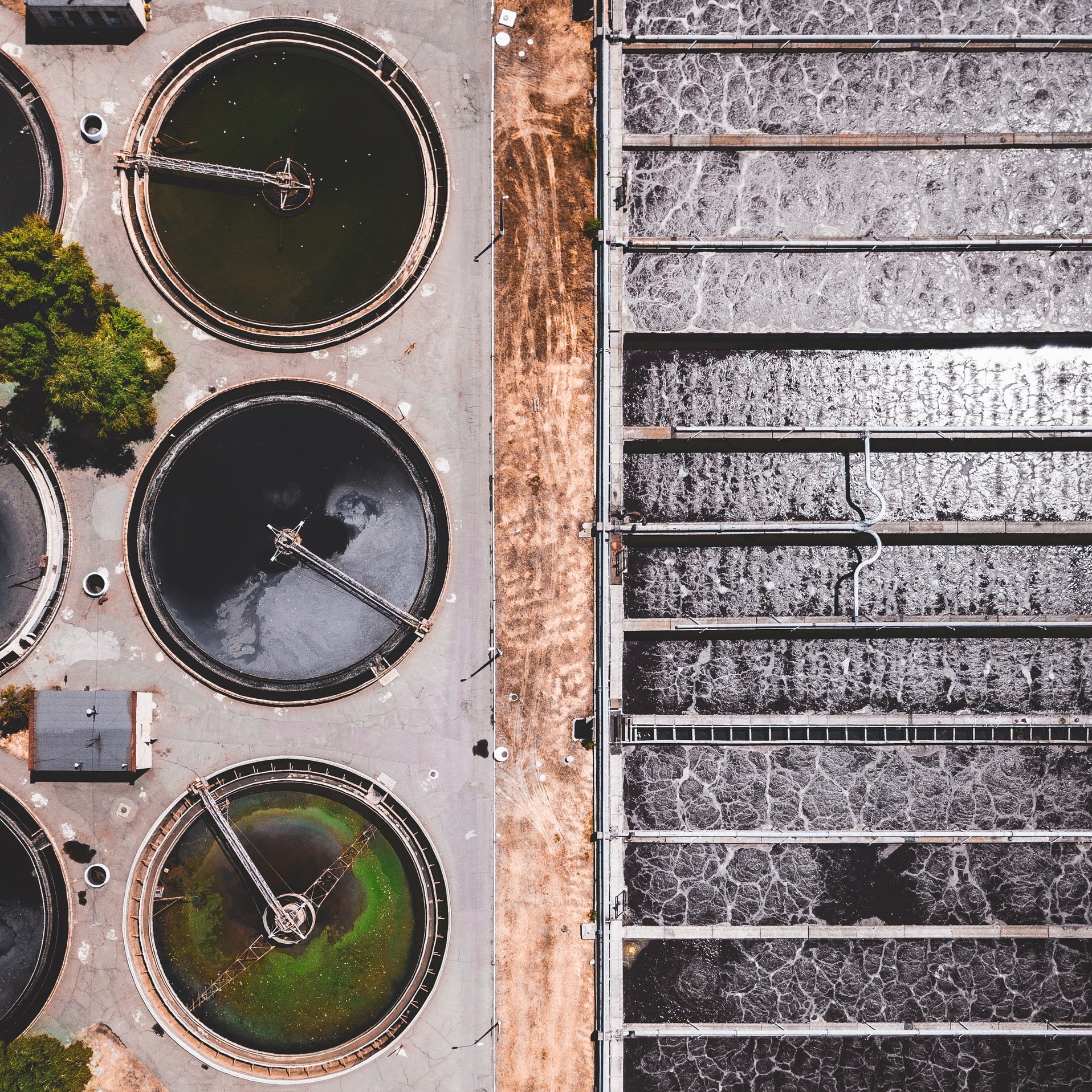Case studies needed: Removing pharmaceutical residues from hospital wastewater
 HCWH Europe is preparing a report on preventing/removing pharmaceuticals in hospital wastewater – the report will feature best practice examples and will be shared across our European network to encourage further uptake. We are seeking case studies for any initiatives within European hospitals to remove pharmaceutical residues from wastewater, or to prevent them from entering wastewater (e.g. urine bags).
HCWH Europe is preparing a report on preventing/removing pharmaceuticals in hospital wastewater – the report will feature best practice examples and will be shared across our European network to encourage further uptake. We are seeking case studies for any initiatives within European hospitals to remove pharmaceutical residues from wastewater, or to prevent them from entering wastewater (e.g. urine bags).
Pharmaceutical pollution is increasingly recognised as a threat to ecosystems and human health globally; it can also contribute to the development of antimicrobial resistance. Hospitals have a unique healing mission, yet the emission of pharmaceutical residues into hospital wastewater is an important source of pollution linked to potential environmental and health risks.
We are seeking case studies for any initiatives within European hospitals to remove pharmaceutical residues from wastewater, or to prevent them from entering wastewater (e.g. urine bags).
Between 30%-90% of orally administered pharmaceuticals are excreted into wastewater as active substances in the faeces and urine of patients. Urban wastewater treatment plants vary in their capacity to remove these active substances, meaning that they can be discharged into the aquatic environment and enter the water cycle as a result.
In the EU, it is estimated that just 10% of medicinal substances in urban effluent come from hospitals, but there is evidence to suggest that hospital emissions are different from household emissions because hospitals emit particularly high concentrations of pharmaceutically active compounds and administer some pharmaceuticals that are not commonly taken at home.
For this project, we are particularly interested in identifying existing solutions to remove or prevent pharmaceutical residues that either present a high environmental risk (e.g. cytostatic drugs) or contribute to the prevalence of resistant bacteria (e.g. last-resort antibiotics). We also have an interest in X-ray contrast agents that are highly persistent by nature.
If you are aware of related projects implemented in a European hospital, please contact Jean-Yves Stenuick (jean-yves.stenuick@hcwh.org) by 15 March 2021.
